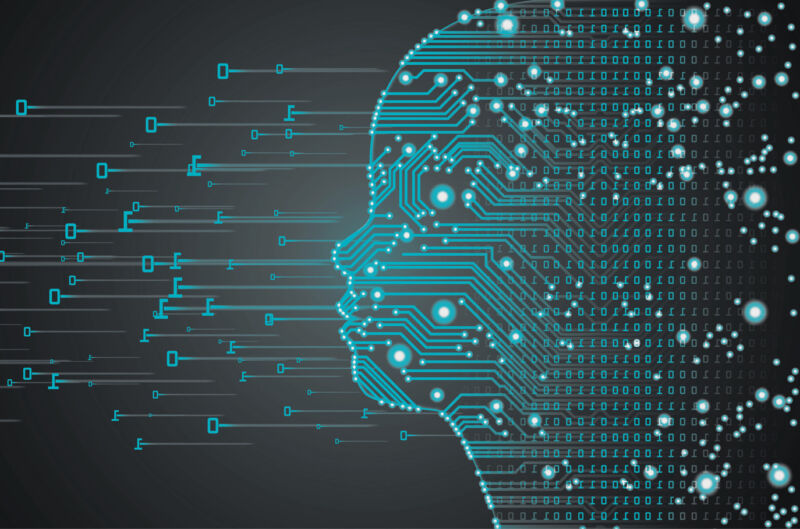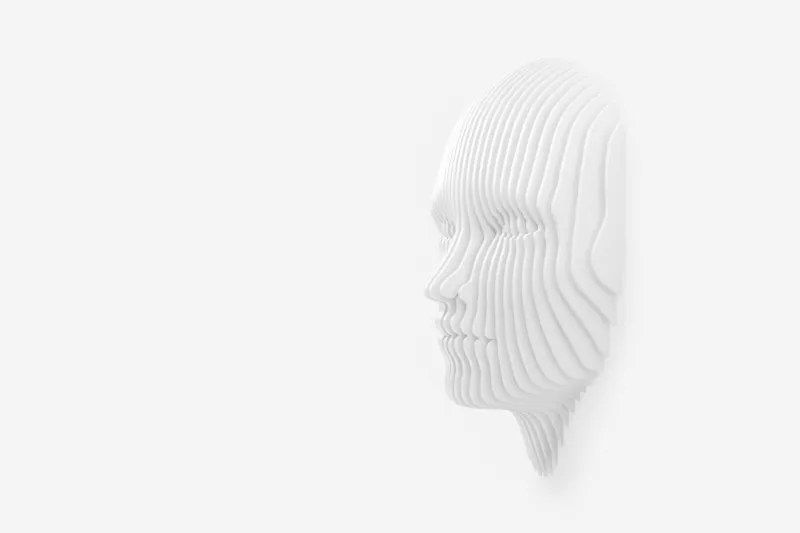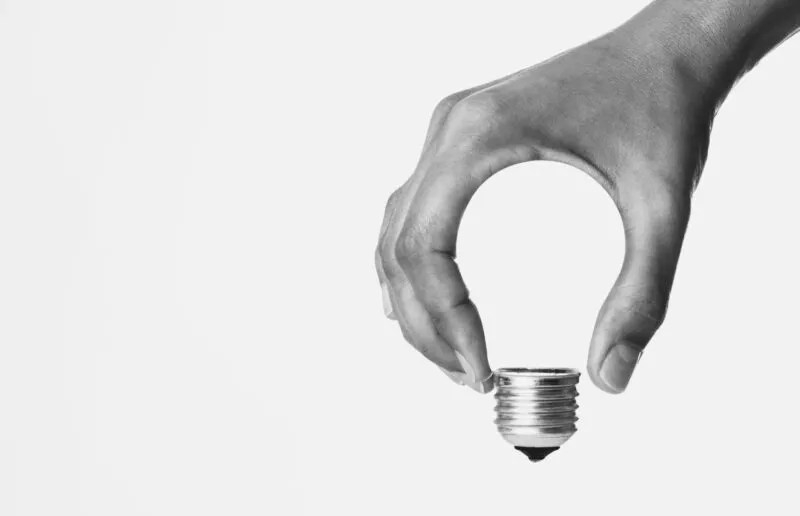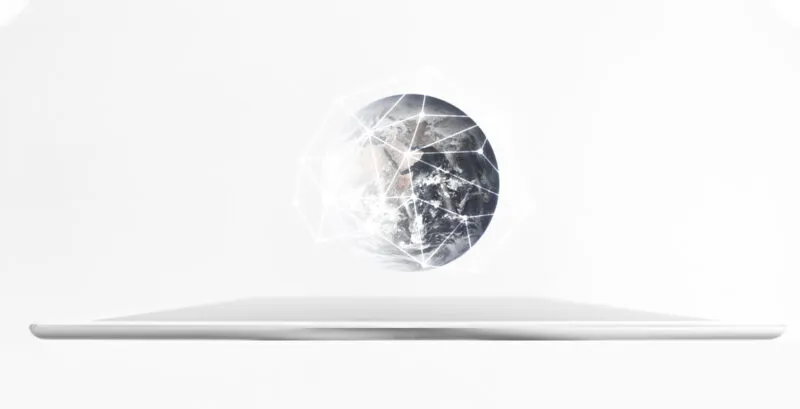AI in IP – where are we now?
In 2021, ‘DABUS’ made global headlines, sparking excitement in the IP world. Three years on, what’s next? From legal battles to global perspectives, we explore the evolving landscape of intellectual property law.
In 2021, the IP world was a-buzz with the news that, for the first time, a patent had been granted that did not list a human inventor. Instead, the South African patent named an artificial intelligence (AI) system called “DABUS” as the sole inventor. Later the same year, the Australian courts seemed to follow suit, with the Federal Court finding that AI could be named as the inventor on an Australian patent application. Anyone would have been excused for thinking this was the beginning of a significant change in patent law and procedure with respect to inventorship. However, three years on, the landscape has not changed as significantly as one might have expected.
For one, the granted South African patent was not quite as newsworthy or significant as it was made out to be, as South African patents are granted without undergoing examination. As such, the grant of a patent naming an AI inventor did not equate to any agreement or recognition that non-human inventors are allowed under South African patent law. Furthermore, the Australian Federal Court decision allowing AI inventorship was quickly overturned by the Full Court of the Federal Court, and special leave to appeal to the High Court was refused. For now, at least, the state of Australian law is that a patent application must name a human inventor.
Global consensus concerning DABUS and AI inventorship
Unfortunately for DABUS, the same conclusion has been drawn in every other jurisdiction that has been tested. In Europe, the EPO rejected applications naming the AI as an inventor, and the Board of Appeal of the EPO dismissed an appeal of this decision. In New Zealand, a patent naming DABUS as the inventor was found void for not identifying any inventors, who had to be natural persons. Patents were also refused in the United States, with the USPTO agreeing that only natural persons can be named as inventors.
The UK Supreme Court decision concerning DABUS
More recently, in December last year the UK Supreme Court dismissed a third appeal and came to the decision that inventors had to be natural persons, after the UKIPO initially refused two patents naming DABUS back in 2019.
The ongoing debate – is AI capable of inventing?
At least for now, the state of the law with respect to AI inventorship seems relatively settled. The question of whether AI is actually capable of invention remains entirely another matter. However, the DABUS test cases were always limited to helping settle the state of the law as it existed. The real value in these cases may be in the discussions generated about what the law should be, and whether non-human inventors should be recognised in the future, particularly as technology continues to improve at a rapid pace. Patent offices and patent law makers around the world have been forced to seriously consider the issue and plan for the future of AI technology. For example, the USPTO has issued draft guidance on AI-guided inventions, and it is expected that other offices may follow suit.
Copyright concerns and AI technology protection
Similar conversations are being had in the world of copyright, both from the point of view of how to protect artistic works generated by AI and how to protect artists whose works are used to train AI systems. Furthermore, there are ongoing discussions about how AI technology itself should be protected.
The future of AI in IP
It is impossible to predict what the future holds, but we look forward to discovering it as each day unfolds. Join us as we continue to explore AI related issues as they affect the world of IP in our ongoing AI series.



